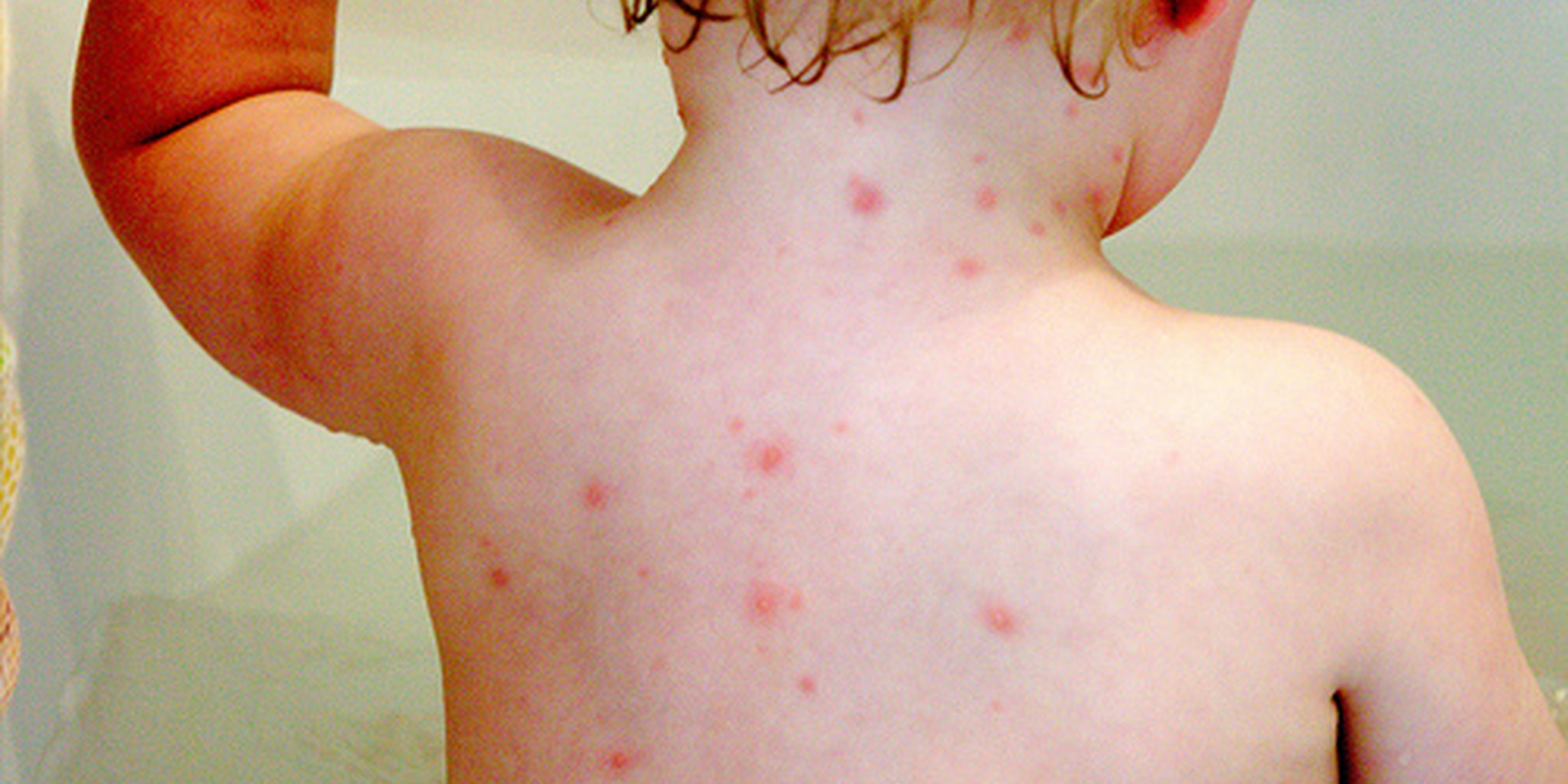- Study Says Most Parents Don’t Use Car Seats In Ride Share Vehicles Like Uber
- This 12-Year-Old Boy Is A Sophomore Aerospace Engineering Major!
- Fire Safety Experts Warn Of Hand Sanitizer Danger After A Mom and Kids Escape House Fire
- Recall Alert: Peaches May Be The Cause Of Salmonella Outbreak, 68 People Ill
- Summer Vacation In The Days Of COVID: Tips To Stay Safe
- How To Safely Grocery Shop During The Coronavirus Pandemic
- Michigan Teen With Vape-Related Illness Undergoes Double Lung Transplant
- Teen Kicks Off Anti-Vaping Campaign From Hospital Bed
- Teenager Receives Life Sentence For Strangling Sister To Death Over A Wi-Fi Password
- Toddler Falls To Death From 11th Deck of Cruise Ship
Parents Are Holding ‘Chickenpox Parties’ To Infect Their Children With The Virus


While some parents go out of their way to prevent their children from contracting chickenpox, a group in Boulder, Colorado, is doing the exact opposite – as they are arranging ‘chickenpox parties’ to deliberately infect their children with the virus.
This technique was reportedly used by families decades ago, before the varicella zoster vaccine was released in 1995, in an attempt to ‘naturally’ build up their kids’ immunity to viruses.
The vaccine offers a far less arduous and less risky alternative: a dead or weakened form of the virus is injected into a child, which stimulates antibodies to recognize the virus without making them sick.
But as the state’s thriving anti-vaccination movement gains steam, more and more are not vaccinating – and the trend of pox parties is making a resurgence, according to a report by 9News.com.
The group now also claim to be following advice from ‘a friend that works at the CDC’ and ‘the UK’s NHS’, despite the fact that both the CDC and the NHS advise against this very approach.
There are options for these “parties”. Either the child can simply spend time with infected people, or they can be ‘tented’ – putting them in a very small space filled with exhaled air for 30 minutes.
A mother also said that: ‘Bonus for sharing snacks out of the same bowl. Also, bring the host mom something by way of thx. A casserole or tp or something!’
In essence, a bout of chickenpox and a vaccine do the same thing.
Both of these stimulate the body’s defense mechanism to recognize the virus and fight against it in the future, making secondary cases of chickenpox unlikely, and potentially lowering the risk of related viruses, like shingles.
The risk with chickenpox, though, is that the virus may develop into further complications, including pneumonia, encephalitis, and group A strep, all of which can prove fatal in vulnerable, developing young children.
Vaccines, meanwhile, are tested to ensure the lowest risk of complications.









0 comments